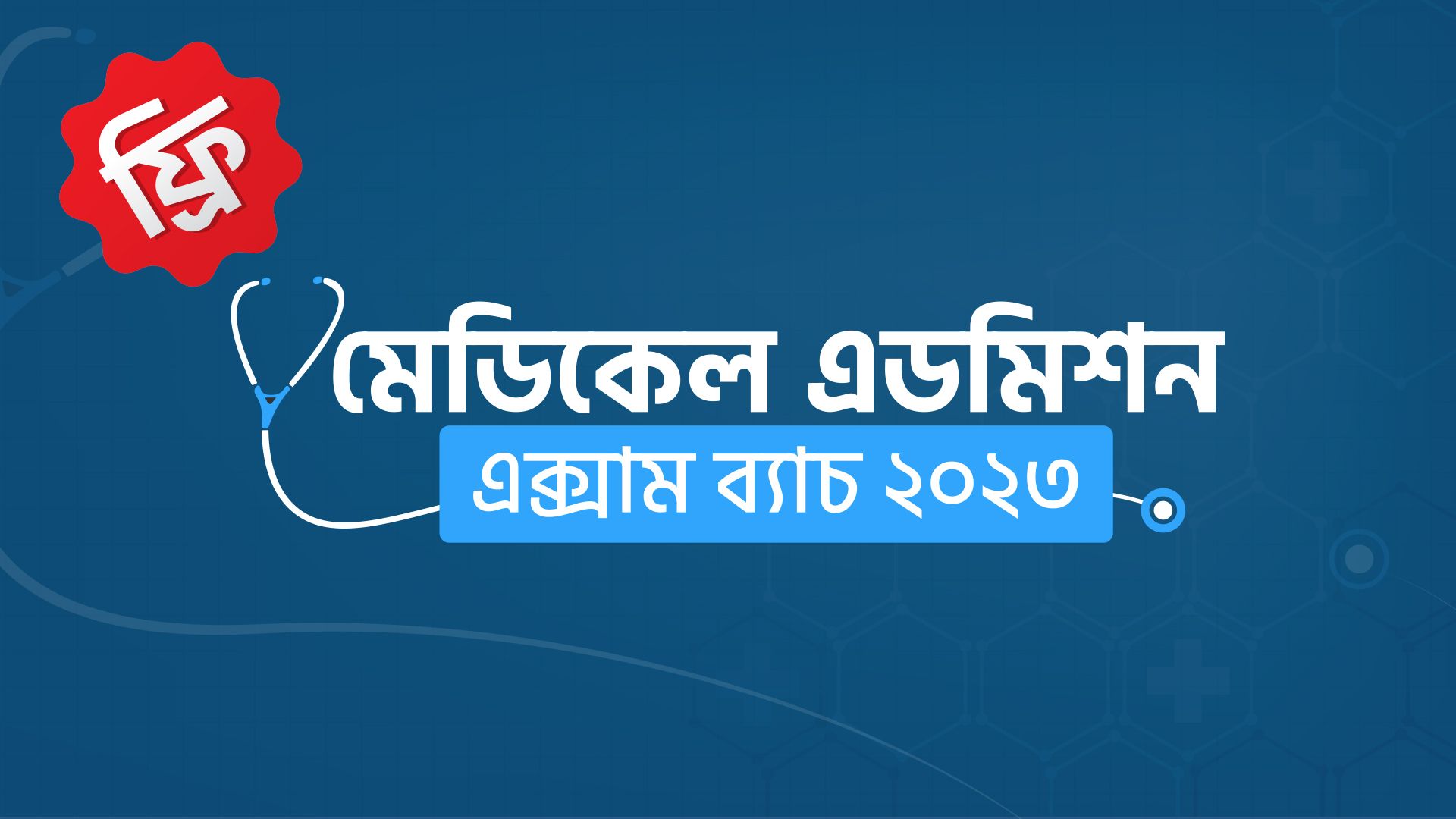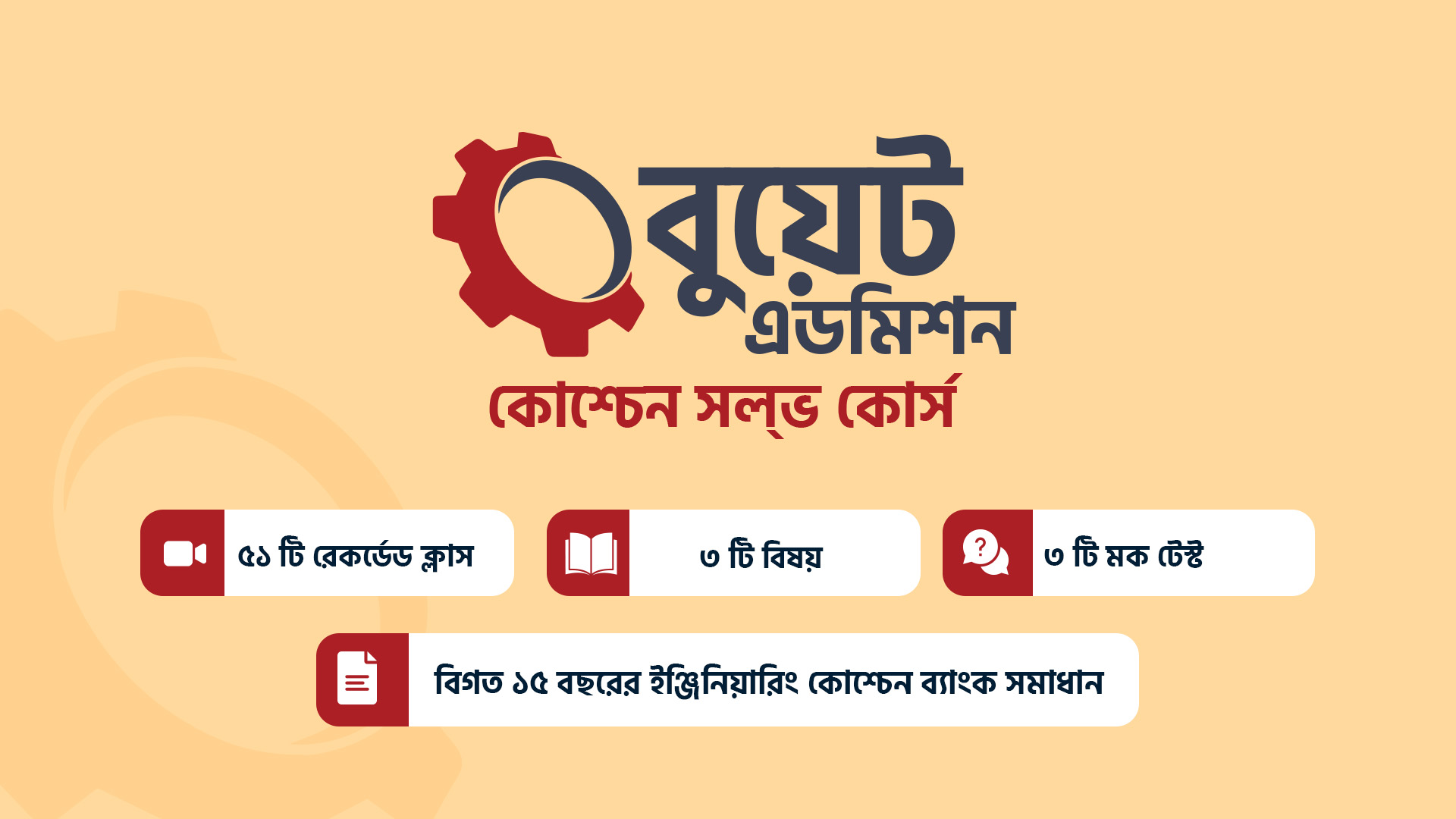Should You Read Medical or Engineering? A Comprehensive Guide to Making the Best Choice
Choosing between a career in medicine or engineering is a monumental decision that will shape your future. Both fields offer unique challenges and rewards, making it crucial to understand what each entails to make an informed choice. Let's dive into the specifics of each field to help you determine which path might be the best fit for you.
Understanding the Medical Field
What is Medicine?
Medicine is a broad field dedicated to the diagnosis, treatment, and prevention of illness. It involves a combination of science, compassion, and a commitment to patient care.
Types of Medical Professions
Medical careers span various specialties such as:
- General Practitioners
- Surgeons
- Pediatricians
- Cardiologists
- Radiologists
- Nurses
- Medical Researchers
Each specialty has its own set of responsibilities and requires specific skills and training.
Educational Pathway for Medicine
Becoming a medical professional typically involves:
- Obtaining a bachelor's degree (pre-medical courses)
- Passing the Medical College Admission Test (MCAT)
- Attending medical school (4 years)
- Finishing a residency program (3-7 years relying upon the strength).
- Optional fellowships for sub-specialization
Understanding the Engineering Field
What is Engineering?
Designing is the utilization of logical standards to configure, construct, and keep up with designs, machines, and frameworks. It's a field that combines creativity with technical knowledge.
Types of Engineering Disciplines
Engineering includes diverse disciplines such as:
- Civil Engineering
- Mechanical Engineering
- Electrical Engineering
- Chemical Engineering
- Computer Engineering
- Biomedical Engineering
Each discipline focuses on different aspects of technology and innovation.
Educational Pathway for Engineering
To turn into a designer, you for the most part need to:
- Earn a bachelor's degree in engineering (4 years)
- Gain practical experience through internships or co-op programs
- Obtain licensure as a Professional Engineer (PE) in some fields, which may require passing exams and gaining work experience
- Pursue advanced degrees for specialization (optional)
Comparing Medical and Engineering Fields
Differences in Job Roles
Medical professionals typically engage in patient care, diagnostics, treatment planning, and health education. Engineers, on the other hand, focus on designing solutions to technical problems, improving systems, and innovating new technologies.
Work Environment and Lifestyle
Medical careers often require long hours, on-call duties, and high-stress environments, particularly in emergency medicine or surgery. Engineers usually work in offices, labs, or field sites with more regular hours, though project deadlines can also be stressful.
Job Demand and Stability
Both fields offer robust job prospects. However, the demand for healthcare professionals is consistently high due to ongoing healthcare needs. Engineering demand can fluctuate with industry trends and technological advancements.
Skill Requirements
Skills Needed for Medical Careers
- Strong communication and interpersonal skills
- Compassion and empathy
- Analytical thinking
- Attention to detail
- Physical and emotional stamina
Skills Needed for Engineering Careers
- Problem-solving and analytical skills
- Proficiency in mathematics and science
- Creativity and innovation
- Technical proficiency with tools and software
- Strong teamwork and collaboration abilities
Transferable Skills Between Fields
Skills such as critical thinking, problem-solving, and effective communication are valuable in both fields and can be transferred from one to the other.
Financial Considerations
Cost of Medical Education
Medical education can be extremely costly, often involving significant debt due to the length and intensity of the required training.
Cost of Engineering Education
Engineering education, while still expensive, generally costs less than medical school and has a shorter duration.
Salary Expectations in Medicine
Medical professionals often enjoy high salaries, especially in specialized fields. However, it can take many years to reach these income levels due to the extensive training required.
Salary Expectations in Engineering
Engineers typically earn high starting salaries, and while they may not always reach the top earnings of specialized doctors, their income growth can be substantial with experience and advanced roles.
Career Growth and Opportunities
Growth Prospects in Medical Careers
Medicine offers numerous opportunities for advancement, including sub-specialization, research roles, and administrative positions in healthcare organizations.
Growth Prospects in Engineering Careers
Engineering also provides strong growth prospects, with opportunities in management, specialized technical roles, and entrepreneurial ventures.
Opportunities for Further Specialization
Both fields offer pathways for further specialization. Medical professionals can become experts in niche areas of medicine, while engineers can specialize in cutting-edge technologies and interdisciplinary fields.
Work-Life Balance
Work-Life Balance in Medicine
Achieving a work-life balance in medicine can be challenging due to long hours and high-stress levels. However, some specialties offer more regular hours and less on-call time.
Work-Life Balance in Engineering
Engineering careers often provide a better work-life balance, with more predictable hours and less intense working conditions compared to medicine.
Personal Interests and Strengths
Assessing Your Interests
Consider your passion for helping people directly versus creating and innovating. If you love science and patient care, medicine might be for you. If you are drawn to technology and problem-solving, engineering could be a better fit.
Matching Strengths with Career Choice
Reflect on your strengths. Are you more compassionate and patient-focused, or are you a technical thinker who enjoys designing solutions? Your strengths should align with the demands of your chosen field.
Impact on Society
Contribution of Medical Professionals
Medical professionals have a direct impact on individuals' health and well-being, often saving lives and improving quality of life.
Contribution of Engineers
Engineers contribute to societal advancement through innovation, infrastructure development, and technology improvements that enhance daily living.
Making the Decision
Questions to Ask Yourself
- What are your long-term career goals?
- Are you prepared for the educational commitment required?
- What work environment do you thrive in?
- How do you handle stress and pressure?
Seeking Advice from Professionals
Talk to professionals in both fields to gain insights into their daily lives and the challenges they face. This can give a more clear image of what's in store.
Gaining Practical Experience
Internships, volunteer work, and shadowing professionals can offer hands-on experience and help you make a more informed decision.
Conclusion
Choosing between a career in medicine and engineering is not easy, but understanding the demands, rewards, and lifestyle of each can help you make an informed decision. Both fields offer incredible opportunities to make a significant impact on society. Take the time to reflect on your interests, strengths, and long-term goals to find the path that aligns best with your aspirations.
FAQs













.png)
.png)




.png)






0 Comments